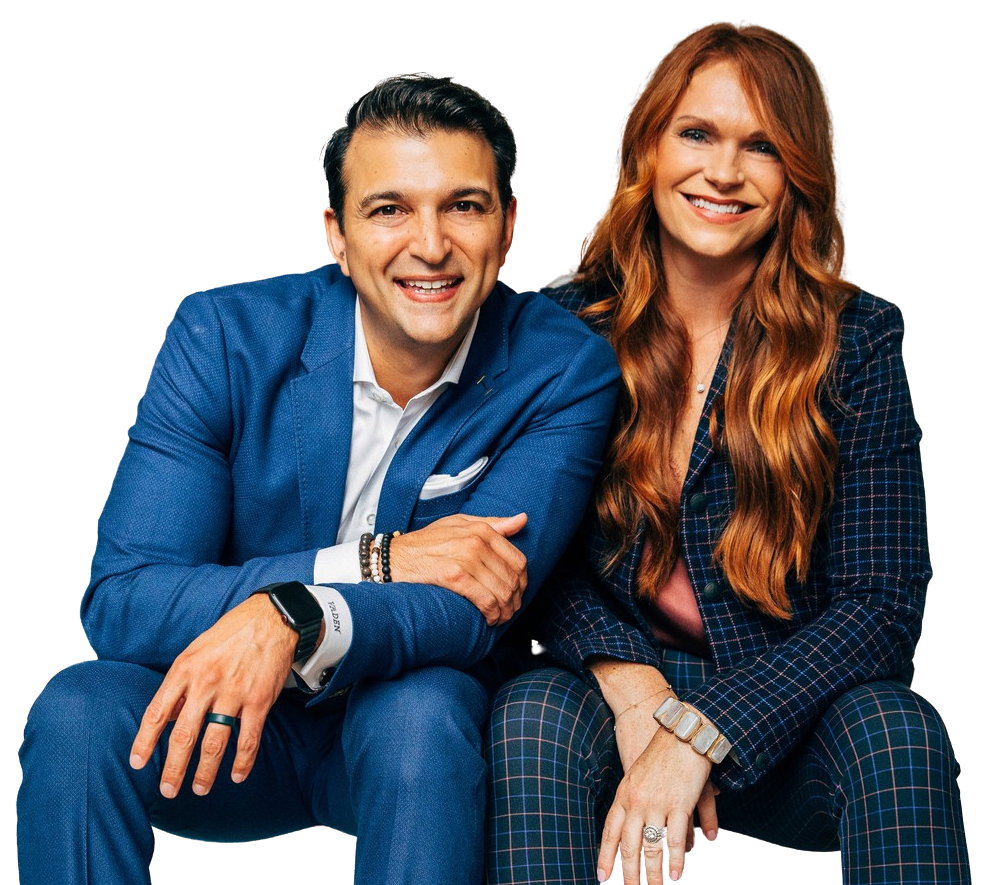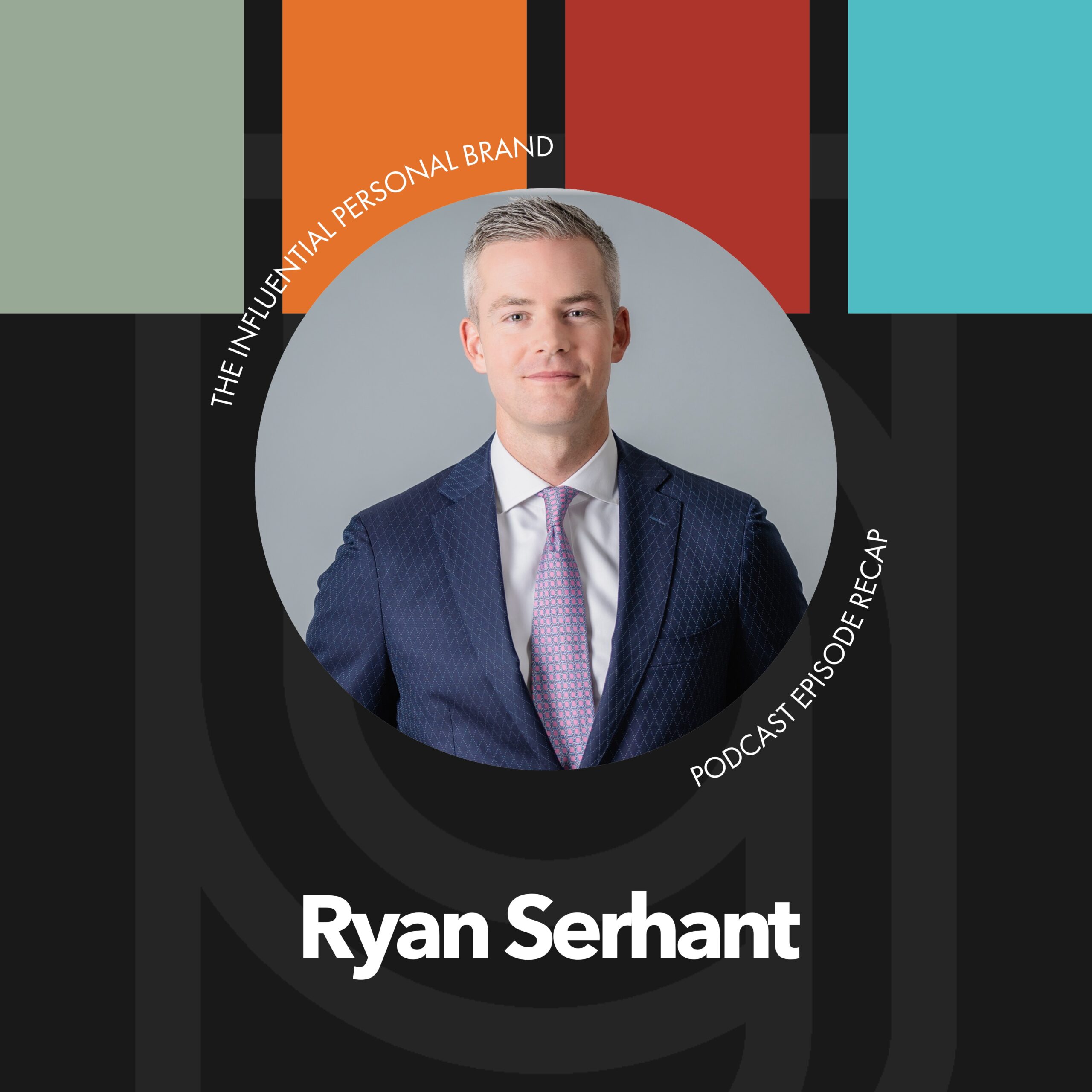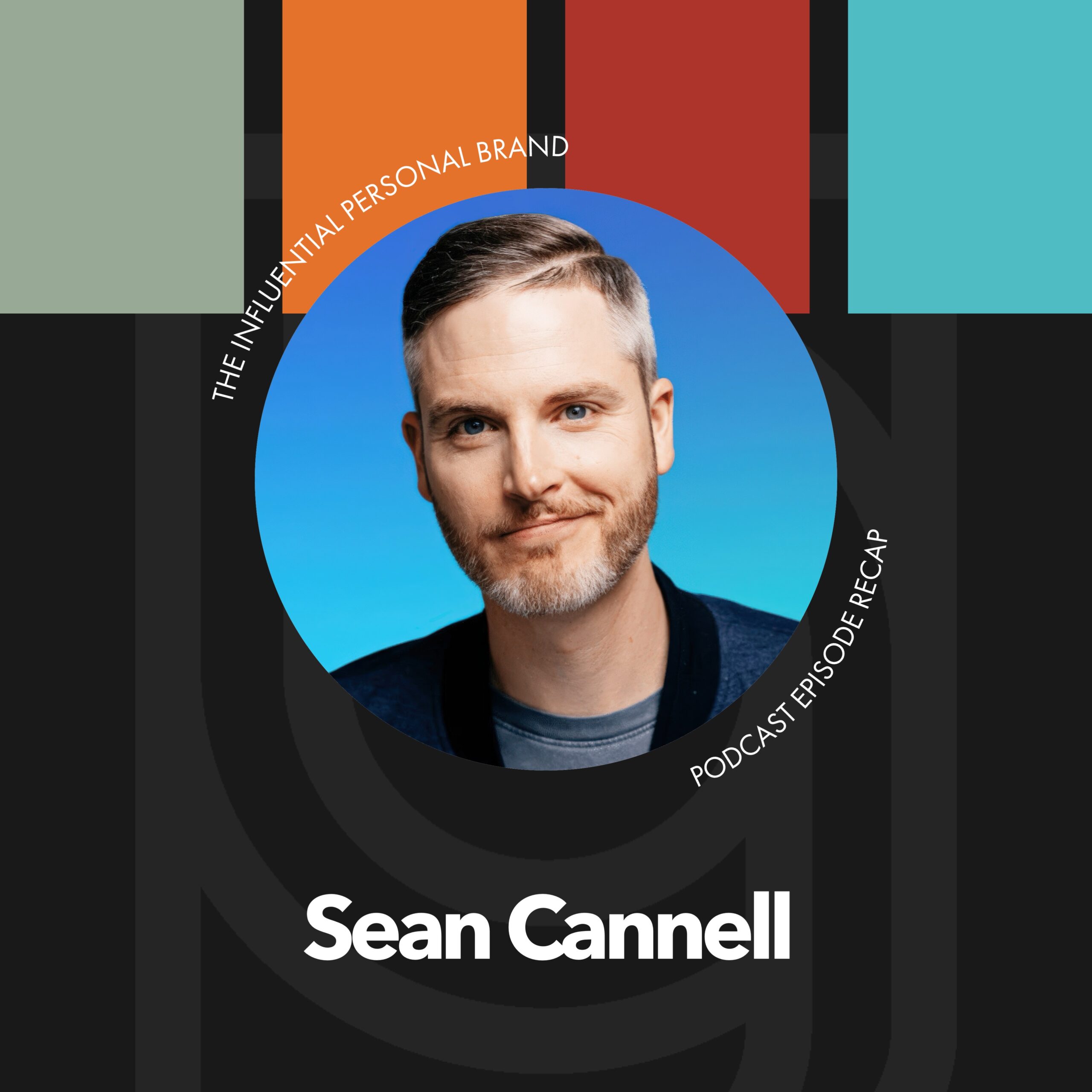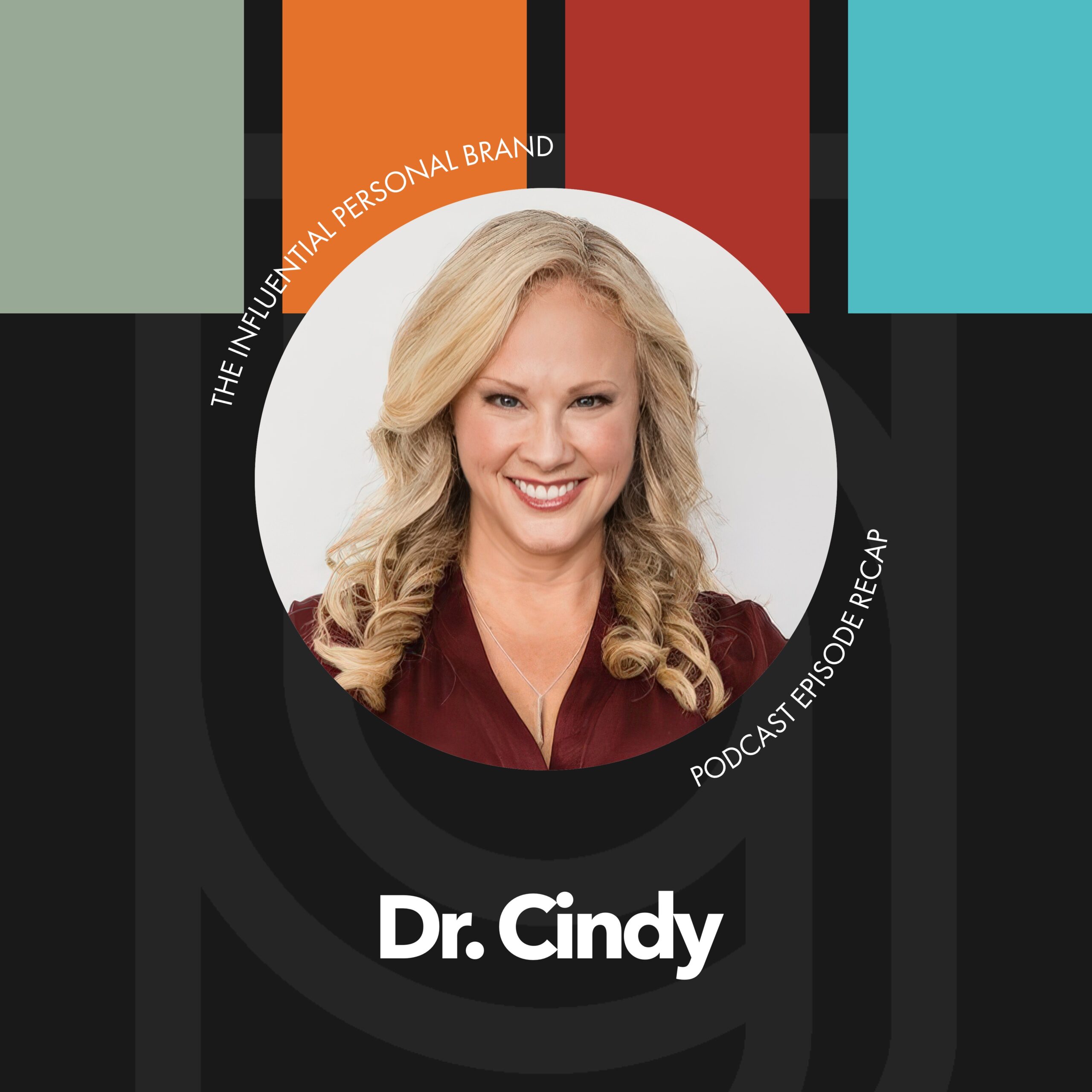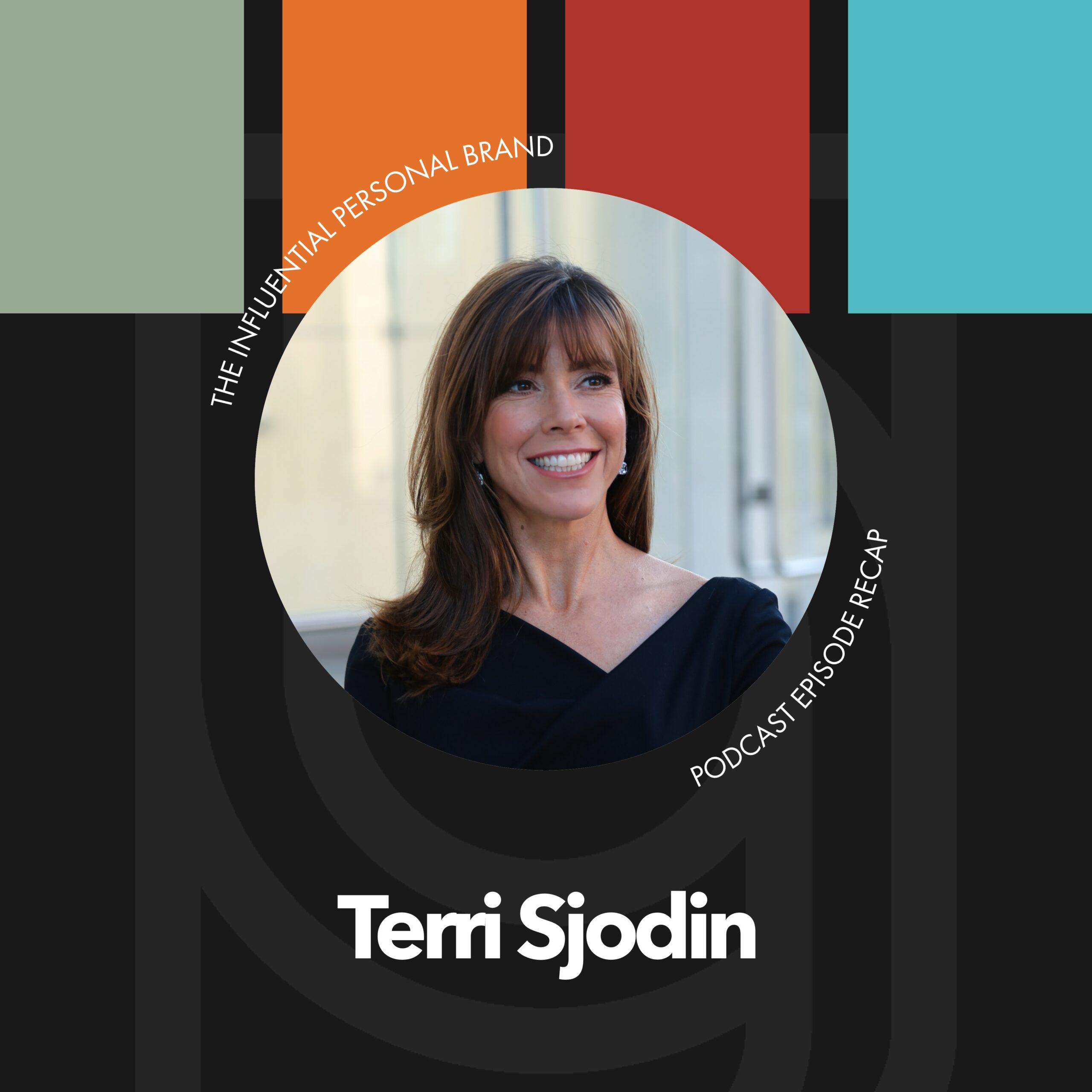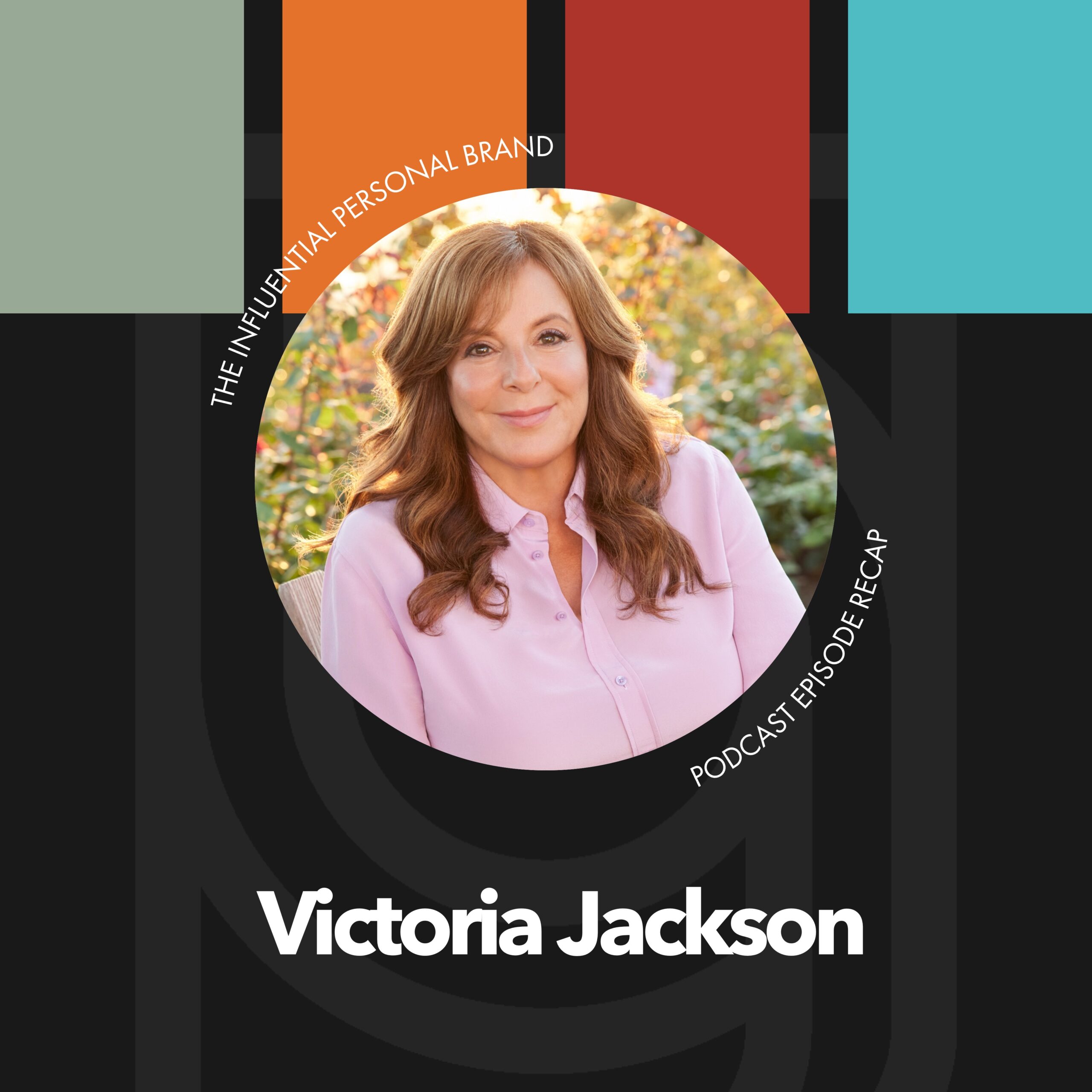RV (00:07):
Hey brand builder, Rory Vaden here. Thank you so much for taking the time to check out this interview as always, it’s our honor to provide it to you for free and wanted to let you know there’s no big sales pitch or anything coming at the end. However, if you are someone who is looking to build and monetize your personal brand, we would love to talk to you and get to know you a little bit and hear about some of your dreams and visions and share with you a little bit about what we’re up to to see if we might be a fit. So if you’re interested in a free strategy call with someone from our team, we would love to hear from you. You can do that at brand builders, group.com/pod call brand builders, group.com/pod call. We hope to talk to you soon.
RV (00:54):
This episode brought together three of my favorite things, sales, personal branding, network marketing, and and four, I would say leadership, all kind of coming together in this interview that I did with Ray Higdon and welcome to this special recap edition. I love this. I, I love this conversation. I’ve been, I, I love having this conversation specifically about how does personal branding apply to direct sales people, you know, all types of direct sales and then also network marketing specifically, which is really what rays expertise and, and, and special niche is. And so I just, I just thought this was fascinating. And if you know anything about the world of network marketing there’s just a really interesting kind of almost like dynamic happening right now, where companies are trying to really figure out how much flexibility and freedom should people have with their personal brand versus, you know, leveraging the company’s brand.
RV (02:01):
And I think a lot of companies are struggling with that, but it, it it’s really prevalent in direct sales, cuz they’re like, you know, right on the front lines out there selling face to face and, and doing business with friends. So fascinating conversation. I, if and we talked about some of those things with Ray, but the three highlights I wanna share for you apply outside of network marketing. And, and beyond direct sales, I think these are three ubiquitous concepts and takeaways that are really important for all of us and for you, no matter what type of business that you are in. And they they’re super duper powerful and they were great reminders for me. And as I was going back and reviewing the show, I was like, yeah, this there’s some really, really big moments in here. So the first one is when, when Ray said this, he, this is such an important phrase.
RV (02:55):
He said, I want to be duplicatable. I want to be duplicatable. That is a really important concept. And it, it makes sense like that is one of the best things. That’s one of the best lessons you can learn from network marketing, right? Is they just, they teach you how, how, how to sell something. And then if you can teach someone else how to sell something, you just duplicate that process over and over, it’ll change your entire life. But even with your personal brand everything you need to sort of think in terms of being duplicatable, repeatable processes and, and how do you scale things. So whether it’s just scaling your own content marketing strategy, right? Like we call it the content diamond. For those of you that are brand builders members. You know, we teach this, this system of what happens every single week, this, this giant checklist that you have to run, that’s being duplicatable, right?
RV (03:52):
It’s, it’s being able to have many people step in it’s interchangeable parts of your system. We also talk about an eight figure entrepreneur, which is one of our phase, one of our phase four programs that, you know, the same thing about like redundancy and scale. And we, one of the flagship points from, from scale your sales, or excuse me from eight figure entrepreneur, is that we talk about how custom fails, right? Standard scales, custom fails standard scales, custom fails standard scales. Anything that you can do repeatedly over and over and over again. And in this episode, when Ray was talking about, you know, why is McDonald’s the most like successful franchise it’s because it’s designed to be run by the person with the lowest level of skill, right? It’s created for the least common denominator. It’s it is, it is the most spelled out.
RV (04:55):
It is the most explicit. It’s the most specific it’s like, if you follow this playbook and this process, it will duplicate. And that is how things scale. Think, think about manufacturing lines. We, we talk about this, of going a manufacturing line works because it’s cranking out the same thing over and over again. That is how you scale. So you want to think in, in, in terms of being duplicatable, even if you’re gonna choose not to be duplicatable, right? Like you might say, no, no, no, I don’t wanna be the, I don’t wanna be the Honda accord. I want to be the rolls Royce. And I want every single thing to be custom and handcrafted, even if you’re gonna make that choice, that’s something you should do deliberately. And, and intentionally by way of considering to go, what’s the, the alternative of like, how do I scale?
RV (05:47):
But if you wanna be one of those two things, right, you don’t want to get stuck in the middle, which is where a lot of people do. And, and honestly, being duplicatable is gonna be really important, even Rolls-Royce as, you know, great processes and streamlines and, you know, checklists like you can’t build a great brand without being duplicatable. You have to be able to do things systematically, repeatedly on autopilot, over and over and over. And it, it reminds me almost of my in my Ted talk. And so my, how to multiply your time, Ted talk, my second book procrastinating on purpose. One of the, one of the flagship sayings in there is we say automation is to your time. Exactly what compounding interest is to your money. Automation is to your time, what compounding interest is to your money. That’s being duplicatable.
RV (06:36):
It is investing in creating a system or a process that can be stamped out on, on repeat. You should be thinking that way, always as an entrepreneur, like that’s how you free yourself up. As you, you replace yourself with a process. You, you, you, you know, people become interchangeable to some extent the, the, the better your processes are. The second takeaway for me in parallel, I wanted to highlight for you was when Ray said, look, if I had big goals, I would have a prospecting number. And then I would have a marketing metric of something that I focused on. And I love this. You know what, like for example, he said, I’m gonna do one reel every day or three reels a day, I think is what he said. He’s like, if I had big goals, I would be doing three reels a day.
RV (07:28):
And there’s a couple things I, I love about this. The, the high level concept here though, is focusing on what you can control, reminding yourself that your job is to do the things you can do. And you have to focus on doing the things you can do, stop worrying about the things you can do and start focusing on the things that you can do. You have to focus on the controllables, you do the things that are a hundred percent in your power. And so I always, you know, I believe in that concept a lot, we, we write about it in, in take the stairs. And in my first book, we say, put your self-esteem in your work habits, not in your results, put your self esteem in your work habits, not in your results. You let the results shake out. You let the results be a byproduct of the work.
RV (08:19):
So I’m a huge believer in that concept. It’s always great to be reminded of it. The thing that I loved about this and, and the, the little kind of nuance flip that switched for me was that applies to marketing too. Like, it definitely applies to sales. It’s a survival mechanism in sales. We, we would say, you know, don’t don’t focus on how many people say yes, like just focus on how many people you’re gonna talk to. Like your goal is to work a certain number of hours and talk to a certain number of people or make a certain number of dials. One of my old friends, Andrea Wal wrote, she wrote this book on called go for no. And that was sort of, the mentality was like, you know, just worry about like, instead of going, Ooh, I hope I get one yesterday, aim for 20 no’s.
RV (09:06):
And by aiming for 20 no’s, you’ll end up with more yeses than if you were just focused on the yeses. Right? So it’s that kind of idea, which I love it. And, and, and you hear it for that applies very much for sales. The part that was really cool here is the same applies for marketing. The same applies for marketing for personal branding specifically for social media, right? Is if all you’re focused on is how many views did I get? How many followers did I get? How many comments did I get? How many likes did I get? How many shares did I get? If, if that’s all you’re thinking about, none of that is in your control, right? Like none of that is in your control. You can influence those things by the quality of the content that you put out. But the better thing to focus on is, is the quantity, right?
RV (09:52):
Quantity leads to quality. Quantity typically is where things are controllable. So when Ray was saying, I would focus on making three reels a day, that’s a great metric to focus on. That’s a great way to think about it is to go H what is the volume of output you are going to do every day? Not, and, and let the results shake out, knowing that if you put in the work, if you pay the price, if you, if you constantly make good choices, if you continue to, to, to do the, like, have great work ethic and great character and integrity, and you do the right things over and over and over and over again, consistently over the course of time, it’s going to shake out it’s, it’s the compound effect that book by Darren Hardy and which is, you know, that good choices compound. And over time, it all plays out.
RV (10:41):
Like you have to remind yourself of that, even with your marketing is just like, I’m just focusing on, you know, like I’m gonna do a hundred podcasts, or like, I’m gonna do three reels a day, or I’m just gonna write every single week or whatever it is, focus on the activity, not the results. So what is that for you right in your business, in your life, like right now, where are you focused on the results? Where are you allowing your self-esteem to be tied to a result? And you need to break that you need to chop that you need to separate, that you need to sever that relationship, and you need to instead connect your self-esteem to activity, to controllables, to your work ethic, to to like the volume of what you’re doing and allow, and, and then just allowing the results to shake out, knowing that they will be there.
RV (11:34):
They will be there sooner or later, but it’s almost, it’s never, when we want it, it’s always slower than we than we want, but that’s really, really a big deal. And then finally, my, my third takeaway, this is actually more of something that, you know, Ray said that reminded me of a really important concept, which I don’t know that we’ve hit it hard enough on, on, on this podcast, right? And on this show, and even with our, our members with our brand builders members, like, but this is really important to understand. Marketing is long term sales is short term. Generally speaking, marketing is long term sales is short term. Marketing is good. Sales is good, but marketing is, you know, typically it’s like, you’re reaching the masses and you’re building trust with the masses. You’re building an audience that takes time. The good news, right?
RV (12:33):
The downside of marketing is that it takes time. It, it, it takes time to build the systems, create the content, you know, put it out there, grow a following, stay in touch, like earn trust with people. That’s the, that’s the bad news. The good news though, is that it’s extremely scalable. Once you hit the tipping point where you’ve been doing this, now people just start flooding to you and it just gets better and better and better, but it’s hardest early on. And it’s slowest early on like marketing. Isn’t the fastest way to results. Sales is marketing is long term sales is short. Term sales happens right away, right? Sales is human to human conversation. I can pick up the phone. I can talk to somebody today. I can make a sale, right? I have to just convince one person, you know, Mani, mano, or wo mano to wo mano .
RV (13:25):
And you’re just going to talk directly to somebody and listen and ask questions, and you can make a sale. That’s the beauty of sales, the, the downfall, you know, or the hard, you know, that’s the good news of sales. The bad news of sales is that while sales is fast, it’s not super scalable. I, I mean, it, it’s, it’s quite scalable to a point, but you know, you, if you always have to do the selling, that’s gonna make it harder to scale, cuz it’s pulling your time. Now, the way you get around that is, is you go through what we teach in phase four, which is scale your sales, which is how to recruit and hire and train and manage and motivate a sales team. So sales is quite scalable has been for decades, but like the, as a solopreneur, it doesn’t, it doesn’t scale super well, cuz it’s taking your time and your time is pulled from all of these other, these other things.
RV (14:15):
The other part is that a lot of people are uncomfortable selling. They don’t know how to prospect. They don’t know how to ask for referrals. They’re not comfortable asking for the sale. They don’t know how to do it. They don’t know what to say when, when people, you know, give you objections. And by the way, if that’s you who you need to request a call with brand builders group and you need to go through our pressure free persuasion course, that is where we teach all that stuff. The tactics of how to ask for referrals exactly. You know, step by step what to say when they give you, when you run, when you get an objection, when you get you know, when you’re unsure of what to do or how to respond like that is, that is sales, but, but sales is fast.
RV (14:58):
Marketing is slow. Marketing is long term sales is short term. But then, you know, long term marketing catches up and it becomes this super powerful thing and, and marketing can also shorten the sales cycle. Because if somebody comes in to you already, you know with a, with like persuaded to use Robert child Dini’s persuasion kind of idea, like if they come to you already sort of pre-sold, that’s gonna accelerate things. And so part of the magic of brand builders group, like what we do internally is, is we do both, right. We do marketing and sales. Like we use marketing to sort of like warm up the leads and bring them in. And then we use sales and then we work through referrals. And so that’s why we’ve been able to build very successful businesses, very fast and, and businesses that are, are, are much larger than most people with millions of followers frankly because we understand how to do both.
RV (16:00):
And so they both work. They’re both good, but they both serve different purposes and you gotta sort of work work, you know, realize which one is your strength, which one is your weakness and how do you incorporate both of them in together? Because marketing is slow and sales is fast. Marketing is long term sales is short term, but, but marketing is scalable. And, and sales is more of a grind. So like it’s all it is. It’s all a balance. But if you’re gonna build a great business and a great personal brand, you want to be friends with both. Like you want to be really good at both marketing and sales and the better you are at those two things, the easier everything else becomes. So maybe you need to request a call at free brandand call.com/podcast request a free call with our team.
RV (16:51):
If you want to, you know, work with us, we do the first call for free. We’ll help you create a customized marketing. And you know, we’ll show you our journey for creating a marketing plan and a sales plan for your business. But that is those are the big take takeaways from today. Be duplicatable, put your self esteem in your work habits, not your results. And, you know, remember that marketing is long term and sales is short term, learn how to do both and you will have a great business and a great brand. Hey, leave us a review. If you wouldn’t mind at iTunes or wherever you listen to the show and share this episode with anyone who you think it might be helpful for. We’re so glad you’re here. We’ll catch you next time on the influential personal brand podcast.






